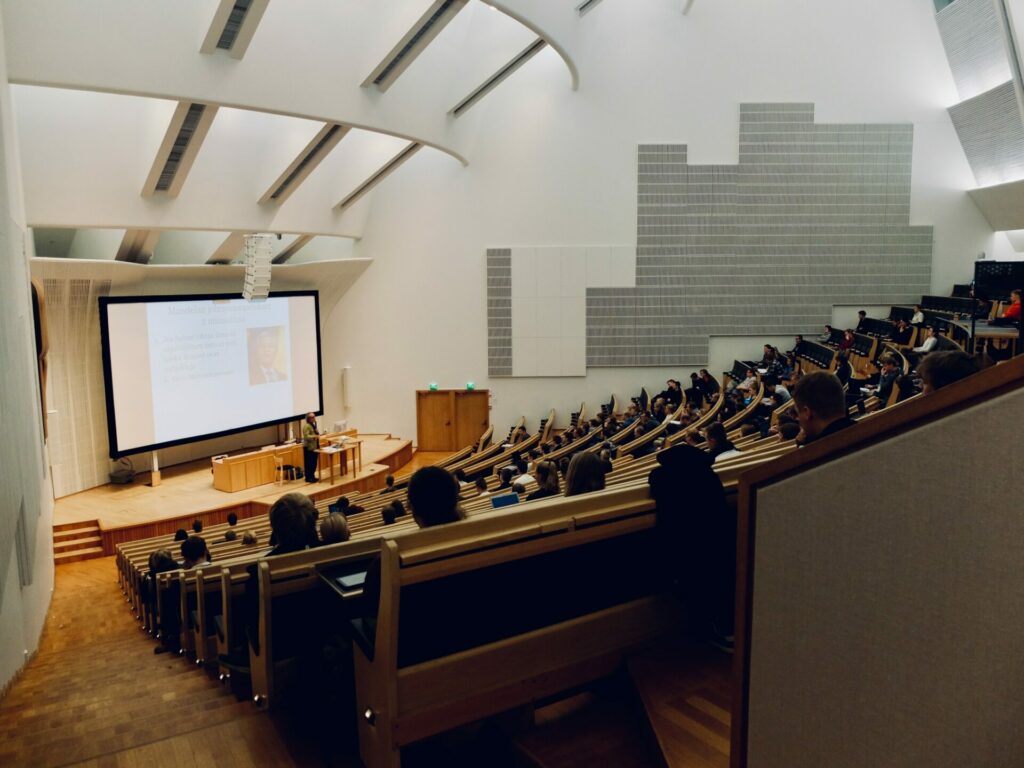The cost of living crisis is having an impact on households everywhere. Now, almost six out of ten Belgian parents advise their children to choose studies that lead to well-paying jobs, according to research from financial service provider, Intrum.
Intrum based its research on a survey of 24,000 Europeans in 24 countries, with at least 1,000 Belgian respondents taking part. The survey found that 57% of parents advise their children to embark on a pragmatic field of study that is more likely to lead to a high salary due to inflation concerns.
With such a practical outlook, Belgium ties together with Spain as the second most pragmatic country after Hungary.
Parents are increasingly concerned with their children's financial well-being. Two out of three Belgian parents want to teach their children better financial literacy and judgment. Parents themselves are putting more money aside for their children, and in general, are living more frugally due to the cost of living crisis.
Economic recessions have an impact on university enrolment – usually increasing during a crisis. A 2021 study from the London School of Economics showed that British and American students who began university when the economy was bad would later earn more than students who enrolled during good times.
According to the study, this phenomenon occurs as students are more likely to put greater effort into their studies during a crisis, and potentially also when they enter the labour market.
Choosing several study options
In Belgium, the amount of engineering students has increased at Ghent University, Free University Brussels (ULB/VUB) and KU Leuven, according to De Morgen. However, the number of medical students at KU Leuven has dropped. At the same time, history attracted more students.
Enrolment in sociology are decreasing at the University of Ghent but increasing in political and communication studies.
At universities with vocational courses, more students are going for teacher training, while enrolments in nursing are staying the same or even decreasing.
Uncertainty in the job market means that people are more likely to for several options, according to Pedro De Bruyckere, who leads the Flemish knowledge centre for education Leerpunt.
"What we see today is that some young people 'stacking' study options more often," De Bruyckere told De Morgen.
"They first choose a field of study that provides job security, and then one with less security."

